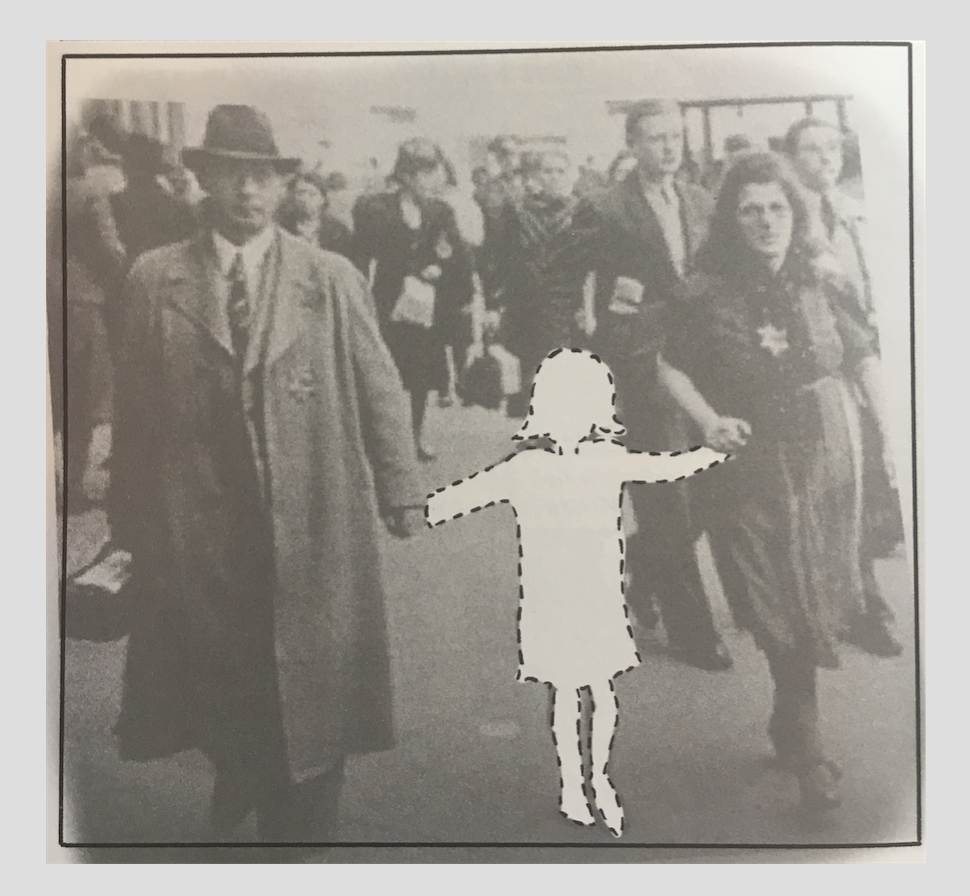Comic Art and/as Remembrance in German Culture and Beyond
November 1 - 2, 2018
4:30 PM - 5:00 PM
Location
Daley Library, room 1-470
Address
601 S. Morgan St., Chicago, IL 60607
Calendar
Download iCal File
Identity is unthinkable without remembrance. Memories alone make us who we are—as individuals as well as a collective. With regards to the interpretation of historical processes as well as with regard to one’s own self, remembrance therefore has a fundamental significance. But memories are always a retrospective interpretation from a present-day point of view, which are usually mediated.
While the importance of media products such as films, paintings or literary test for individual collective memory in the German culture has already been widely studied, the analysis of comics and graphic novels in this context has so far rather been neglected.
Against this background, the conference on Comic Art and/as Remembrance in German Culture and Beyond intends for the first time to focus on the meaning and the achievements of graphic narrative for the field of remembrance, examining questions on various dimensions. The conference examines aspects of content as well as the formal achievements of memories in comics and asks about the reception of specific comics that must be seen as part of the German culture of remembrance.
The conference marks a first attempt at a systematic approach to the peculiarities and achievements of the important art form comic for remembering, thus providing impulses both for comics research and for research on the subject of remembrance.
Thursday, November 1st
4:30
Opening Remarks
Astrida Tantillo (Dean, Liberal Arts and Sciences)
Introduction & Keynote
Christian Klein (UIC, Max-Kade, Bergische Universität Wuppertal)
Comic Art and/as Remembrance – An Introduction
Ken Krimstein (Comic Artist, Chicago)
Drawing History: The Three Escapes of Hannah Arendt – A Tyranny of Truth
One of the greatest philosophers of the twentieth century and a hero of political thought, the largely unsung and often misunderstood Hannah Arendt is best known for her landmark 1951 book on openness in political life, The Origins of Totalitarianism, which, with its powerful and timely lessons for today, has become newly relevant.
Compassionate and enlightening, playful and page-turning, New Yorker cartoonist Ken Krimstein’s The Three Escapes of Hannah Arendt is a strikingly illustrated portrait of a complex, controversial, deeply flawed, and irrefutably courageous woman whose intelligence and »virulent truth telling« led her to breathtaking insights into the human condition, and whose experience continues to shine a light on how to live as an individual and a public citizen in troubled times.
5:30
Reception
Friday, November 2nd
9:00
Breakfast
9:30-11:00
Panel 1
- Chair: Susanne Rott (German, UIC)
- Lynn L. Wolff (Michigan State University)
Remembrance through Reduction: How Memory is Abstracted in German Graphic Novels - Robert Ryder (Northwestern University)
Of Mazes, Memory and Montage: Walter Benjamin and the Graphic Novel
11:00–11:30
Coffee Break
11:30–1:00
Panel 2
- Chair: Imke Meyer (German, UIC)
- Julia Ludewig (Allegheny College)
The Chain of Remembrance: Collective and Private Memory in Birgit Weyhe’s Reigen - Elizabeth Nijdam (Whitman College)
Framing Silence: Anxiety and Transgenerational Trauma in Simon Schwartz’s drüben!
1:00–2:00
Lunch Break
2:00–3:30
Panel 3
- Chair: Mark Martell (Asian American Resource and Cultural Center, UIC)
- Elizabeth Mittman (Michigan State University)
Mirrors Everywhere, Reflections Nowhere: Redrawing the Lines Between Public and Personal Memory - Brian Cremins (Harper College)
“From a Great Height”: Memory and Nostalgia in the Autobiographical Comics of Otto Binder and John Porcellino
3:30–4:00
Coffee Break
4:00–5:30
Panel 4/ Germanic Studies Graduate Student Panel: Comics
- Chair: Heidi Sclippacke (German, UIC)
- Carol Tilley (UIUC)
Remembering Readers: Comics, Identities, and History. - Germanic Studies Graduate Student Panel
- Maria Speggiorin
- Phil Cabeen
- Maryann Piel
5:30
Reception
With support from:
- Department of Germanic Studies
- Max Kade Foundation
- School of Literatures, Cultural Studies and Linguistics
- Institute for the Humanities
- Department of English
- Jewish Studies Program
Date posted
Jun 16, 2020
Date updated
Sep 25, 2020